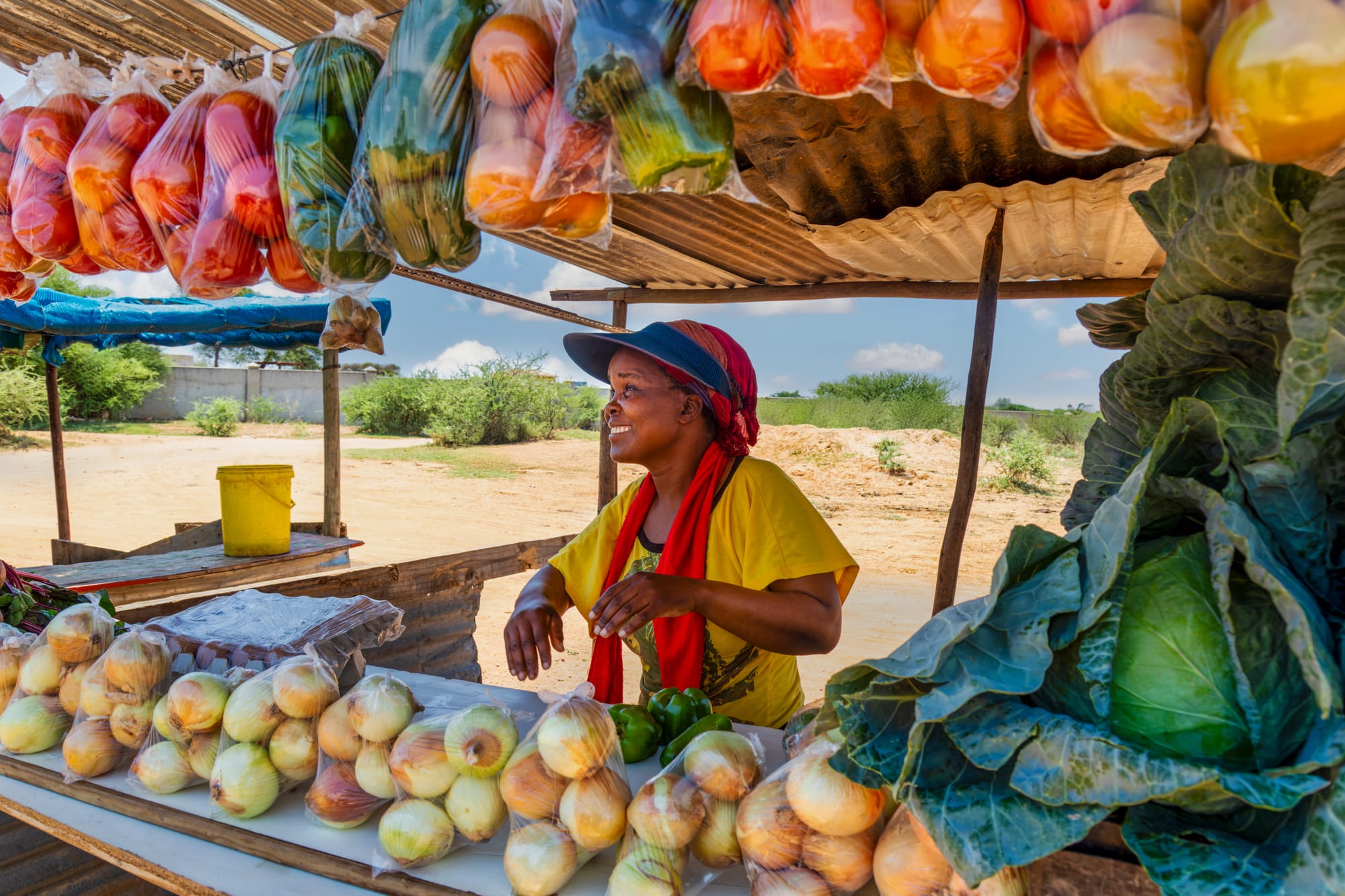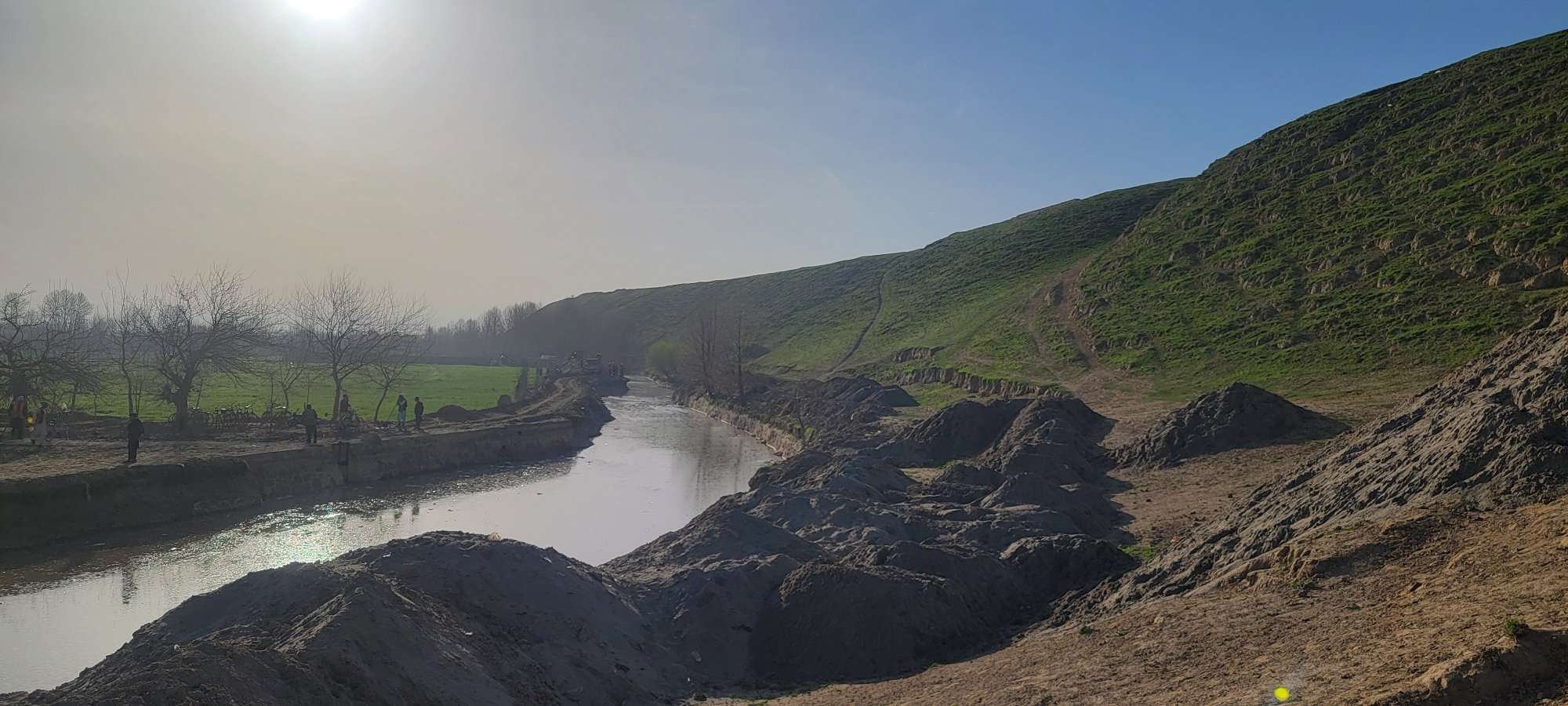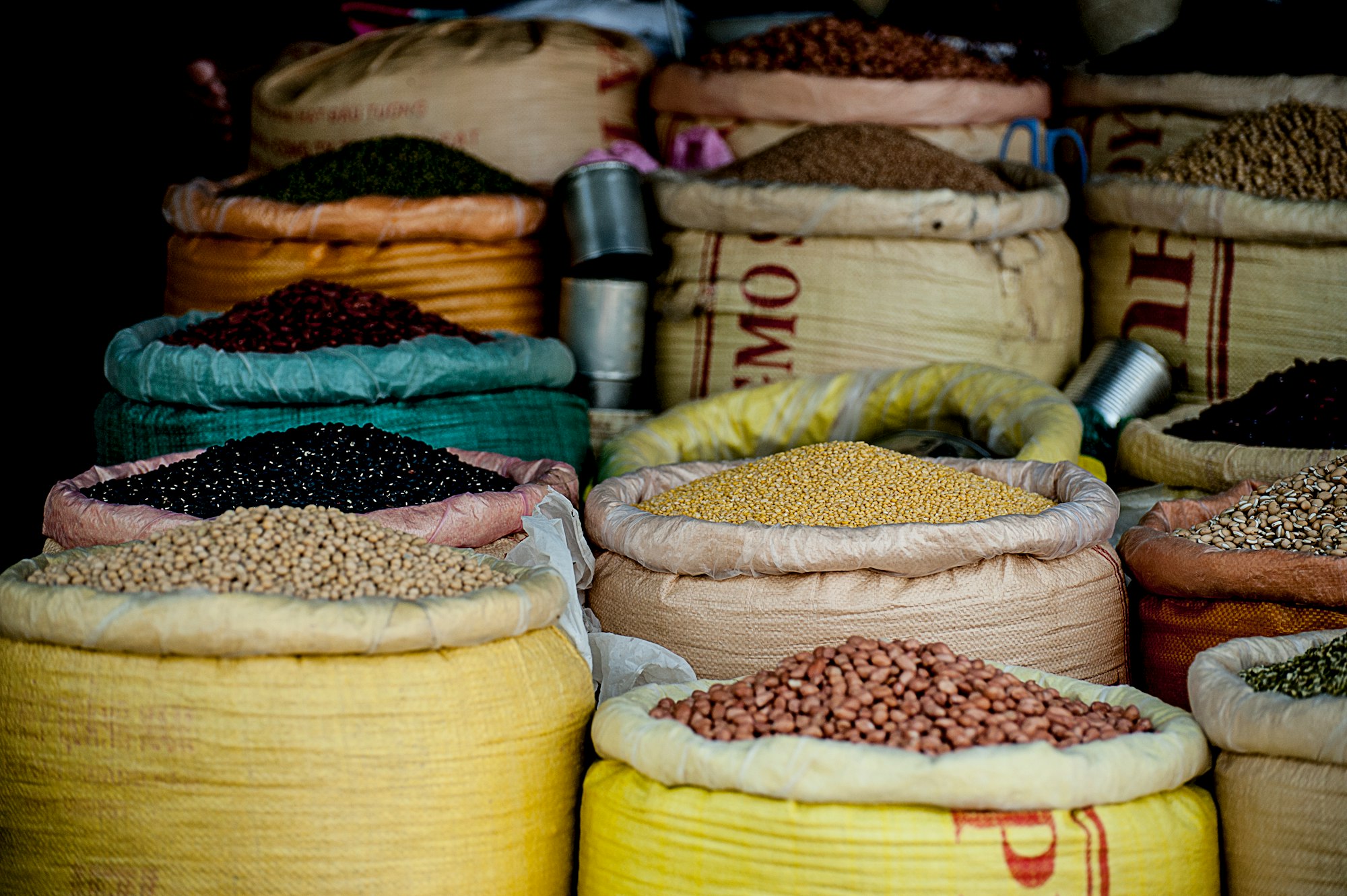In 2007, the U.S. Agency for International Development (USAID) invested in a hydroponic greenhouse facility that enabled 20 Timorese farmers to grow high-value vegetables such as capsicum and tomatoes. These high-quality products for local supermarkets replaced vegetables that previously had to be imported, jumpstarting production in Timor-Leste’s Aileu District and increasing cash income for its farmers. Since then, the Developing Agricultural Communities, or Dezenvolve Agricultura Comunitária (DAC, 2010–2015) project and its predecessor Dezenvolve Setor Privadu (2006–2010) have engaged more than 400 farmers in greenhouse and outdoor vegetable production and helped build a stronger fresh produce value chain.
DAC launched in 2010 with 94 farmers in one subdistrict linked to one supermarket; it now includes 416 farmers who cover three subdistricts and serve two commercial buyers. These farmers have earned $550,000 and substantially improved the housing, school participation, and nutrition in their communities. Our value chain approach provides technical and management assistance to input suppliers, farmers, traders, wholesalers, retailers, and even lenders, and is designed to ensure that these initial successes will sustain. Driven by the market demand for better and more diverse fresh produce, this approach has helped establish local horticulture as a contributor to the non-oil economy of Timor-Leste.

Crucially, DAC received support for expanding and diversifying its activities through a Global Development Alliance with ConocoPhillips, and a unique Trilateral Food Security Cooperation activity funded by China Aid, USAID, and the Ministry of Agriculture and Fisheries.
Smallholders Empowered
DAC links subsistence farmers to commercial markets and builds their capacity to meet market demand for quality, quantity, and consistency of production. In 2011, the 200 farmers working with the project sold 124 tons of fresh vegetables for $91,259. In 2013, 416 farmers produced 425 tons and earned $337,639. The median income of these farmers is now $1,374 per year—impressive in a country where 40 percent of the people live on less than a dollar a day—and the best performer earned $4,137. Key to their success has been entering into contracts with commercial buyers who provide seed and other inputs while guaranteeing purchases at a fixed, negotiated price.
The project also helps farmer groups to manage shared production facilities, negotiate terms and conditions with buyers, and invest in their businesses. From 25 farmer groups, DAC has facilitated the formation of a farmer federation whose leaders troubleshoot issues with supermarket managers and hold them accountable for delivering inputs on time and purchasing products at negotiated prices with on-time payments.
As farmers learn new techniques and expand their production, they need access to finance for investment. Loans through a DAC-facilitated linkage to the National Commercial Bank of Timor-Leste have been invested in plastic tunnels, irrigation, and other productive assets. The project’s “Farming as a Business” training helps farmers transition from subsistence to commercial farming, and has encouraged more th 150 to invest profits back into their businesses.

Farmer groups have also contributed to community life, including the refurbishment of a traditional spiritual house and the building of a Catholic chapel. One group invested cash and labor to repair roads needed for the buyer’s truck to reach their field; others have built water tanks for irrigation and planted more than 14,000 trees and bushes on erosion-prone areas.
Commercial Buyers On Board
Managing input distribution, production monitoring, and regular purchases of more than 20 vegetable varieties from 400 farmers is no easy task. Supermarket buyers are benefiting from DAC assistance to build their management skills and systems. Our team has collaborated with buyers’ staff to build a production-management database, and we provide regular technical assistance and support. We also supported the buyers to develop and implement grading standards, an important step in quality control and upgrading production.
DAC partners Kmanek Agriculture and Dilimart have invested significantly in their contract farming operations, buying cold trucks, hiring full-time staff, and taking the risk of committing to purchase farmers’ products. DAC’s assistance to buyers has created a profitable, sustainable partnership between the supermarkets and the farmer groups that will continue long after the DAC project ends.
DAC regularly links input suppliers in the capital city, Dili, to farmers in the outlying districts who need access to agriculture inputs. We train and assist these suppliers, most of whom do not have an agriculture background but have identified inputs as a good business opportunity. DAC technical assistance is turning these motivated entrepreneurs into valued service providers who assist farmers to improve their production.
An Enabling Environment
DAC completed two important studies of the fresh produce sector:
- A Fresh Vegetable Value Chain Analysis identifies opportunities and constraints from input supply to final customer.
- DAC’s market research examined trade in Dili’s outdoor market system and collected and analyzed data from more than 300 vendors about the price and quantity of 46 vegetables over two years, during rainy and dry seasons.
Through this value chain and market research, DAC laid the groundwork for a network of public and private sector players. DAC’s close working relationship with the Ministry of Agriculture and Fisheries presented the opportunity to bring this network together into a Horticulture Working Group, launched by Minister Mariano Sabino in July 2013; the group has since agreed upon goals and continues to work on business matchmaking, advocacy, and promotion. DAC has secured funding through February 2015 from USAID and ConocoPhillips to scale up to include new districts, commercial partners, and farmers. With this support, the horticulture value chain will continue to increase incomes, improve food security, and diversify the economy in Timor-Leste.





